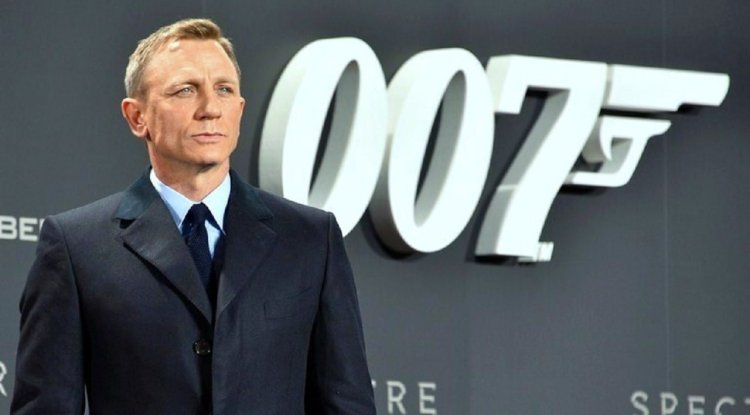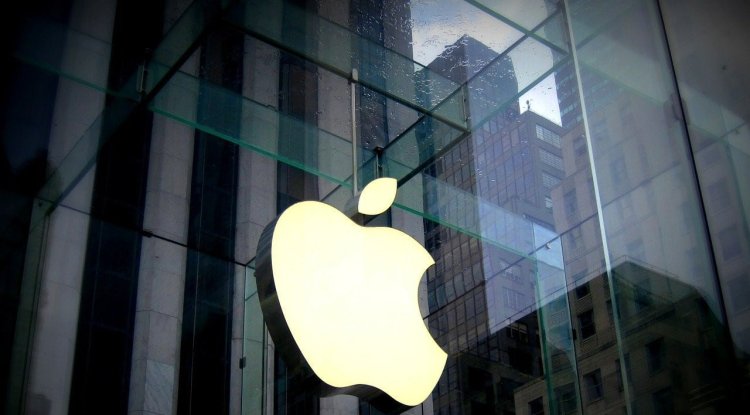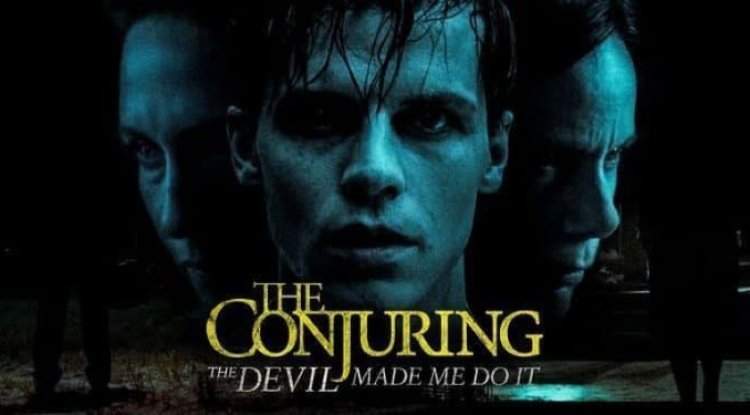About that ending of 'No Time to Die' ...
Once again, we find ourselves before a film defined not so much by its quality as by what viewers expected to find in it and what the creators have decided to give them. Because make no mistake, there is no single person responsible for the outcome of the latest James Bond film or for the risk that it has decided to take, this time, when it comes to offering five films with an internal sense as we had not seen before in the saga.

What are the icons? What is the sacredness that flows from them? Is James Bond something like an immutable emblem that must be respected despite the passage of time? What are the limits when adapting a 'classic' character? Once again, we find ourselves before a film defined not so much by its quality as by what viewers expected to find in it and what the creators have decided to give them. Because make no mistake, there is no single person responsible for the outcome of the latest James Bond film or for the risk that it has decided to take, this time, when it comes to offering five films with an internal sense as we had not seen before in the saga.
Regardless of everything, it will be inevitable to identify the face of Daniel Craig as that of one of the best James Bonds in history. The one that began as a simple bulldozer characterized by his ability to be unstoppable, has ended up turning this character into a complex being. We could say that he was hypersensitive, but not weak; marked by his relationship with women, although not as a dominant being, but in need of true love.
Before facing No time to die, it is convenient to review the four previous films. Not that they are all perfect or masterpieces, but there will be nuances, many, that have been composing this magnetic character. We will see the first disappointment, the one that led him to distrust anyone who could harm him and to close himself even more. And they will also bring up that relationship, almost toxic, that he had with M to whom he probably professed more affection and loyalty than she ever returned, which does not mean that she did not care.
We will understand a Bond in need of a love that would save him from his knack for violence, that would take him off the path he had decided to travel, the one who out of loyalty to His Majesty condemned him to lose his soul.
We live in times of post-truth and mistrust. It has been a long time since we stopped believing in empty idealisms and that all countries always worked for a higher good rather than for their own. In that sense, Bond has also matured. He has a trade and carries out orders that usually confront him with villains. As in good film noir, in this spy movie, there is no tension without ambiguity, without difficult decisions. Those of us who grew up with Roger Moore's funny superficiality have already grown up and, from that point of view, it is also normal for the character to do so. For flying cars, there is already Fast and Furious. In that sense, Bond has managed to grasp the need to take a step forward, perhaps following those of Bourne and Mission Impossible on some occasions, but also consolidating his own mythology and emotions.
No time to die will not be remembered as the funniest Bond movie, because it is not, but it is the perfect closure to the deepest cycle, which we will undoubtedly appreciate more in the future, when a new actor interprets a new cycle and we arrive with fear at the end of it, as when we were children and we refused to believe that everything was already written in advance.
No time to die is not a single film, it is the culmination of a project that has been brewing for years. It may not be your Bond, but don't despair. Maybe the next one is. That doubt has been his true gift.
By: Olivia J. - Zexron





































